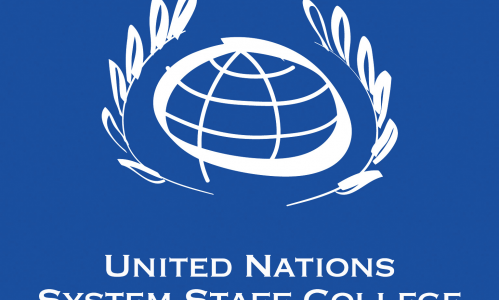Decentralized Governance and Peacebuilding
Local governments are often the first to collapse when factions fight for territorial control. In post-conflict settings, the state is often unable to effectively reach parts of its territory for years. Given these challenges, it is no surprise that decentralization and local governance provisions are increasingly prominent in peace agreements and national post-conflict peacebuilding agendas.
This online tutored course explores how decentralization contributes to peacebuilding and sustaining peace by identifying the elements of local governance that are most relevant in a conflict-affected and post-conflict contexts. Through numerous case studies, this course illustrates successful decentralization reforms at the local level and equips UN staff and partners with practical insights on how to improve the effectiveness of their peacebuilding efforts.
Upon successful completion of this course, participants will:
- Analyse the different forms of decentralized governance (deconcentration, delegation, devolution) and their implications on the organisation of the State at the subnational level;
- Identify key elements that can improve the effectiveness of a decentralization process for peacebuilding;
- Examine the relationship between decentralization and peacebuilding, and assess the extent to which effective decentralized governance may help prevent or mitigate the risk of violent conflicts, and/or contribute to their peaceful resolution
Lugar
Para apuntarse en el curso, por favor, haga clic aquí. Apuntarse ahora
| Temas | |
| Idiomas | English |
| Evaluación | Quizzes and final assignment |
| Destinatarios | |
| Métodos | |
| Acreditación | |
| Certificado |
Si tiene alguna pregunta sobre este curso, póngase en contacto con nosotros.
Para enviar el mensaje haga clic aquí. Contacto

